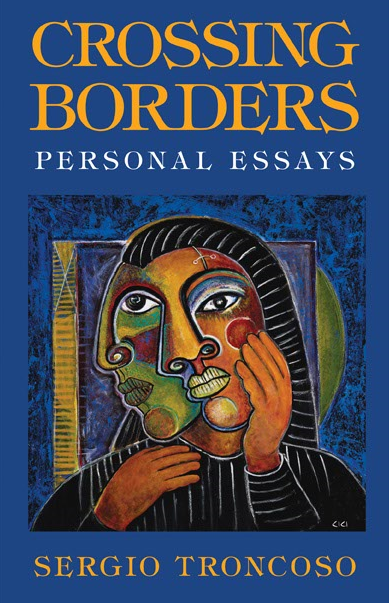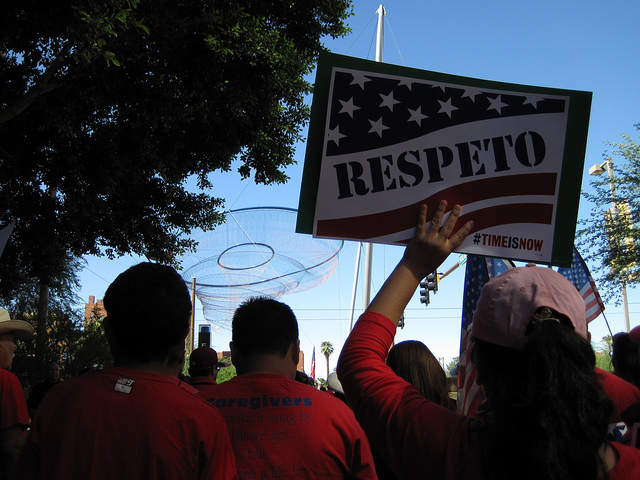*Latino millennials say they’ve experienced discrimination more than other age groups. Why do you think that is? (Without disparaging millennials . . .)VL
 By Jens Manuel Krogstad and Gustavo López, Pew Research Center Factank
By Jens Manuel Krogstad and Gustavo López, Pew Research Center Factank
About half of Hispanics in the U.S. (52%) say they have experienced discrimination or have been treated unfairly because of their race or ethnicity, according to a newly releasedPew Research Center survey on race in America.
Hispanics’ experience with discrimination or being treated unfairly varies greatly by age. Among Hispanics ages 18 to 29, 65% say they have experienced discrimination or unfair treatment because of their race or ethnicity. By comparison, only 35% of Hispanics 50 and older say the same – a 30-percentage-point gap.
Read more NewsTaco stories on Facebook. >>
In addition, Hispanics born in the U.S. (62%) are more likely than immigrants (41%) to say they have experienced discrimination or unfair treatment. There are also differences by race. For example, 56% of nonwhite Hispanics say this has happened at some point in their lives . . . READ MORE
[Photo by lunita lu/Flickr]
Suggested reading

“On good days I feel I am a bridge. On bad days I just feel alone,” Sergio Troncoso writes in this riveting collection of sixteen personal essays in which he seeks to connect the humanity of his Mexican family to people he meets on the East Coast, including his wife’s Jewish kin. Raised in a home steps from the Mexican border in El Paso, Texas, Troncoso crossed what seemed an even more imposing border when he left home to attend Harvard College.
Initially, “outsider status” was thrust upon him; later, he adopted it willingly, writing about the Southwest and Chicanos in an effort to communicate who he was and where he came from to those unfamiliar with his childhood world. He wrote to maintain his ties to his parents and his abuelita, and to fight against the elitism he experienced at an Ivy League school. “I was torn,” he writes, “between the people I loved at home and the ideas I devoured away from home.”
Troncoso writes to preserve his connections to the past, but he puts pen to paper just as much for the future. In his three-part essay entitled “Letter to My Young Sons,” he documents the terror of his wife’s breast cancer diagnosis and the ups and downs of her surgery and treatment. Other essays convey the joys and frustrations of fatherhood, his uneasy relationship with his elderly father and the impact his wife’s Jewish heritage and religion have on his Mexican-American identity.
[cc_product sku=”978-1-55885-710-0″ display=”inline” quantity=”true” price=”true”]
Related

 By Jens Manuel Krogstad and Gustavo López, Pew Research Center Factank
By Jens Manuel Krogstad and Gustavo López, Pew Research Center Factank

